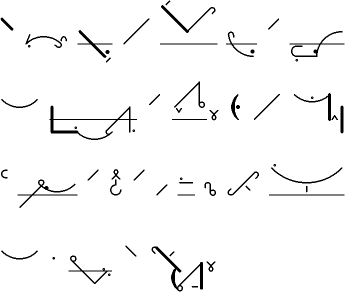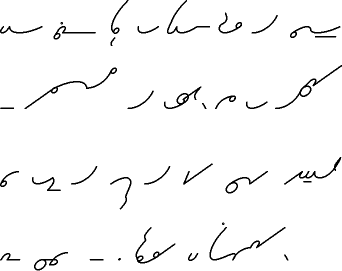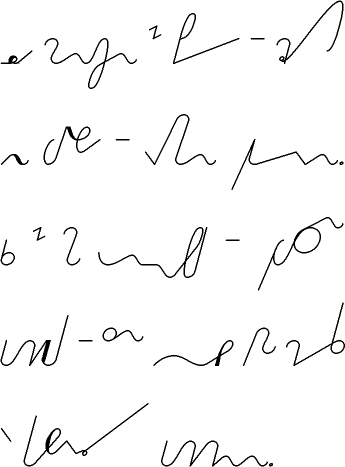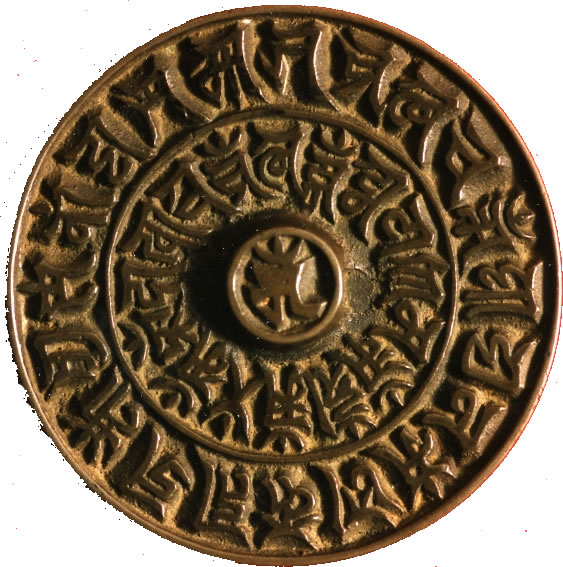Petrichor, noun, /ˈpɛtrɨkər/ – the scent of rain on dry earth.
It comes from the Greek πέτρος (petros – stone) and ἰχώρ (ichor – the fluid that flows in the veins of the Greek gods), and was coined in 1964 by two Australian researchers, I.J. Bear and R.G. Thomas. The smell isn’t of the rain itself but comes from the oils released by vegetation when rain falls [source].
I found this word while searching for dripple, which I hear on the radio last night and which was described as being a type of light rain that isn’t quite drizzle. The only references to dripple I could find gave it’s meaning as “weak or rare” and there was no mention of rain.
I also found the Beaufort Rain Scale, a spoof version of the Beaufort Scale which ranges from:
Force 0: Complete Dryness.
Absence of rain from the air. The gap between two periods of wet.
Associated Phrase: “it looks like it might rain.”
through
Force 4: Visible Light Shower.
Hair starts to congeal around ears. First rainwear appears. People start to remember washing left out. Ignored by all sportsmen except Wimbledon players, who dash for cover. A newspaper being read outside starts to tear slightly.
Associated Phrases: “it’s starting to come down now,” “it won’t last,” and “it’s settled in for the day now.”
to
Force 10: Hurricane.
Not defined inland – the symptoms are too violent and extreme (cars floating, newspaper readers lost at sea, people drowned by inhaling rain, etc.). So, if hurricane conditions do appear to pertain, look for some other explanation.
Associated Phrases: “oh my god, the water tank has burst – it’s coming through the kitchen ceiling,” and “i think the man upstairs has fallen asleep in his bath.”



